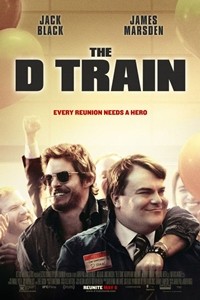 The D Train
The D Train
Starring Jack Black, James Marsden, Kathryn Hahn, Jeffrey Tambor, and Russell Posner
Directed by Andrew Mogel, Jarrad Paul
Rated R
Run Time: 97 minutes
Genre: Comedy/Drama
Opens May 8th
By Eric Forthun of Cinematic Shadows
The D Train is fueled by its affable nature and surprisingly impactful emotional weight, even if its story remains too whimsical and light to elevate much further. Still, Jack Black and James Marsden excel as the two leads, providing a twist on the buddy friendship comedy and turning their characters into sharp realizations of introspective men. Black has been struggling to find his comedic identity lately, excelling in films like Bernie and borderline embarrassing himself with cameos in films like Sex Tape. This, however, is the type of role in which he thrives, as he is allowed to play a man with many unlikable qualities yet a generally amicable personality. It always feels like he's boiling underneath his smiling surface. Marsden, who always seems to fill the role of smarmy business man or kind-hearted nerd, plays the washed-up celebrity of sorts, a role that feels tailor-made for his abilities. The roles are perfectly placed, but the writing is lacking when it needs to hit the hardest. Instead of becoming an acutely observant comedy, it settles for a chuckle-worthy, good-hearted sense of self.
The film focuses on Dan Landsman (Jack Black), the head of a high school reunion committee that takes his work a bit too seriously. He's an uptight family man that cannot seem to make friends or crack a solid joke; he often sees his committee colleagues going out to drinks after he asks them if they'd like to do so. His life is boring and, perhaps more gravely, he is boring. His work outside of the committee is even more bland, as his boss, Bill Shurmur (Jeffrey Tambor), lives in the Stone Age in regards to technology. Yet Dan finds an opportunity to right the wrongs of the past and realize himself after his shortcomings in high school and present day. He sees his old drama "buddy," Oliver Lawless (James Marsden), starring in a Banana Boat commercial that feels straight out of Baywatch. If he can get this supposed star to show up at the reunion, maybe that'll convince everyone else to come, and the get-together will be a smash hit. But Dan has to travel to Los Angeles to convince Oliver that it's worthwhile, and the two party hard and rekindle their "friendship," as Dan sees it, even when a wild night complicates things between the two of them.
Much of the film's tensions and conflict spring from that inciting incident, which is admittedly inventive and troublesome. The writer-directors Jarrad Paul and Andrew Mogel have a strong sense of narrative momentum, even as the film begins to repeat some of its core ideas near its conclusion. The conflict, however dated it may seem, actually arises from these characters and their perpetual sense of loneliness and lack of fulfillment. Black and Marsden complement each other exceptionally well, with some of the funniest moments in the movie emerging from their back-and-forth banter. The shining light of the film is Jeffrey Tambor, who plays an outdated boss with a strong sense of self that attempts to acclimate to a technologically changing world, based on the recommendations by Dan. Sure enough, things get complicated when Dan lies to his boss and the actions have serious repercussions, leading to Tambor's strong sense of understated comedy and genuine human compassion. Dan faces brutal moments of despair in the aftermath of his lying and manipulation of others; it's rare to see a comedy have a character get struck that hard. But The D Train settles for a familiarly optimistic ending and loses sight of its laughs near the conclusion, making the film a slightly affecting comedy backed by strong performances.

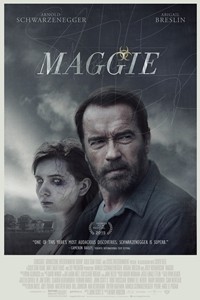 Maggie
Maggie
 Bravetown
Bravetown
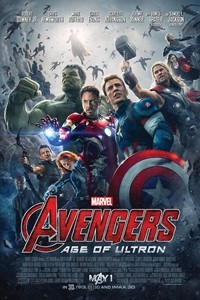 Avengers: Age of Ultron
Avengers: Age of Ultron
 Adult Beginners
Adult Beginners
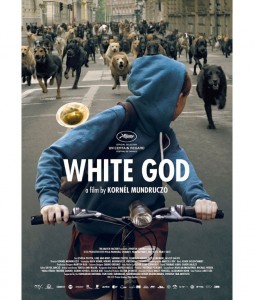 White God
White God
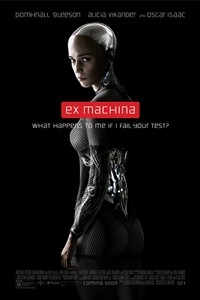 Ex Machina
Ex Machina
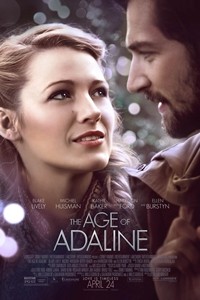 The Age of Adaline
The Age of Adaline
 Clouds of Sils Maria
Clouds of Sils Maria
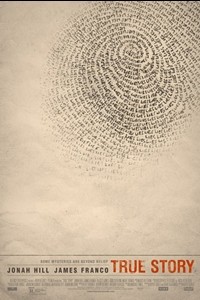 True Story
True Story
 Unfriended
Unfriended
 He’s in Phoenix not just for his screenwriting, though: he’s directed his first film, Danny Collins, from a script he wrote, and the film kicked off the annual festival. I caught up with him to chat about the film just 30 minutes before Danny Collins’ Phoenix premiere.
He’s in Phoenix not just for his screenwriting, though: he’s directed his first film, Danny Collins, from a script he wrote, and the film kicked off the annual festival. I caught up with him to chat about the film just 30 minutes before Danny Collins’ Phoenix premiere.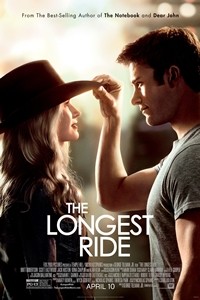 The Longest Ride
The Longest Ride
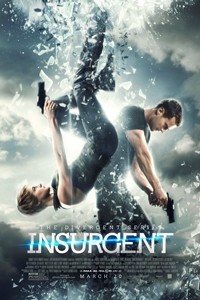 Insurgent
Insurgent
 '71
'71
 Cinderella
Cinderella
 The Salvation
The Salvation
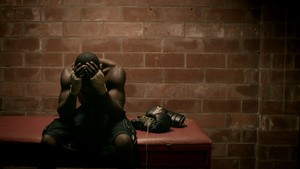 Champs
Champs







